I don't know of any academic literature on this, but you might find Down and Out in the Magic Kingdom by Cory Doctorow interesting:
Disney World is run by rival adhocracies, each dedicated to providing the best experience to the park's visitors and competing for the Whuffie the guests offer. In the post-scarcity world of the novel, Whuffie is a currency-like system that primarily measures the esteem of others, or in the case of extremely low Whuffie, their disdain.
As well as The Culture series. The author wrote some background for the series, and touches on reputation:
The Culture doesn't actually have laws; there are, of course, agreed-on forms of behaviour; manners, as mentioned above, but nothing that we would recognise as a legal framework. Not being spoken to, not being invited to parties, finding sarcastic anonymous articles and stories about yourself in the information network; these are the normal forms of manner-enforcement in the Culture. The very worst crime (to use our terminology), of course, is murder (defined as irretrievable brain-death, or total personality loss in the case of an AI). The result - punishment, if you will - is the offer of treatment, and what is known as a slap-drone. All a slap-drone does is follow the murderer around for the rest of their life to make sure they never murder again. There are less severe variations on this theme to deal with people who are simply violent.
In a society where material scarcity is unknown and the only real value is sentimental value, there is little motive or opportunity for the sort of action we would class as a crime against property.
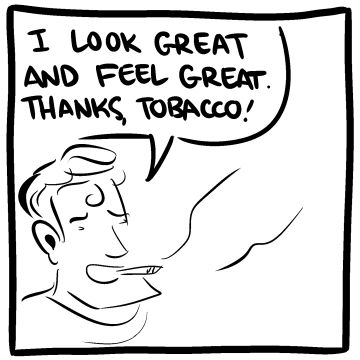
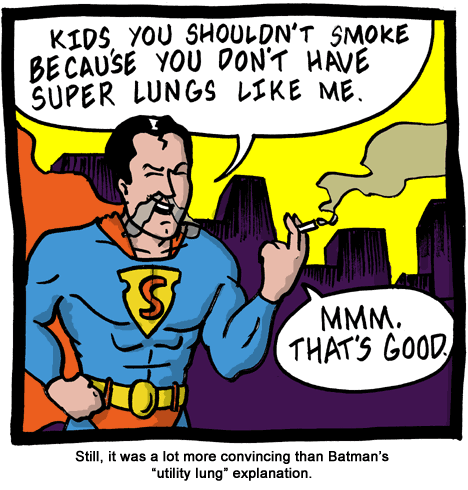
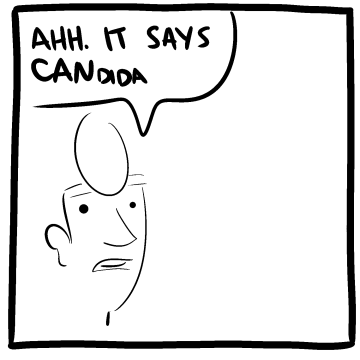
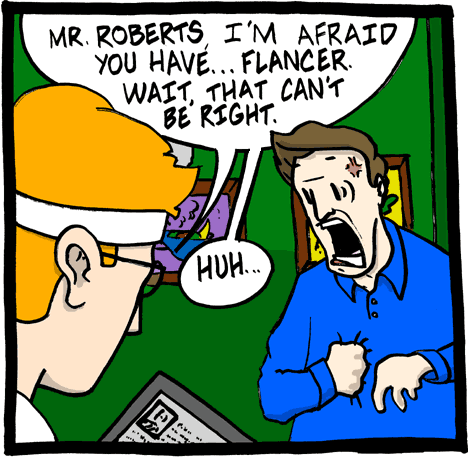
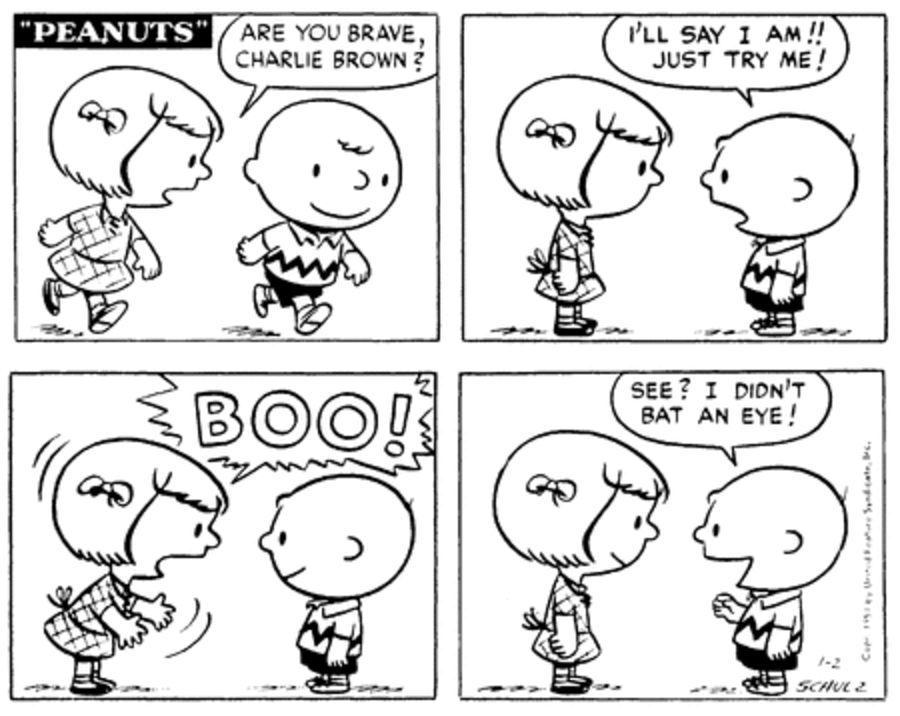
https://www.youtube.com/watch?v=fgOaT4xzdvo